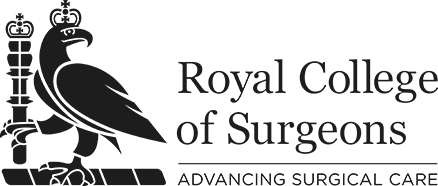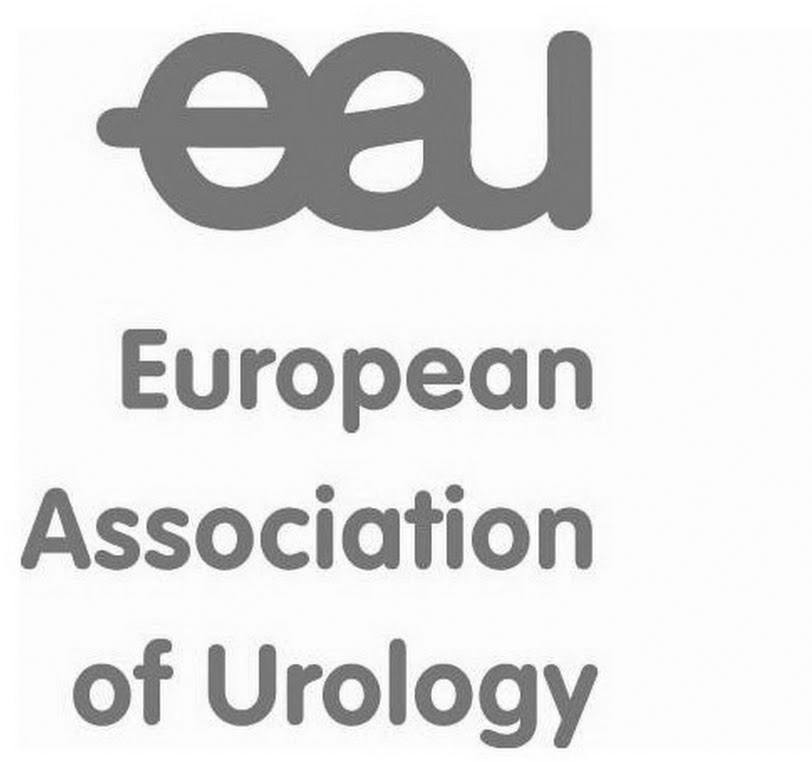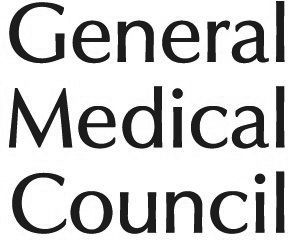Mr Rajesh Nair, Consultant Urologist
Mr Rajesh Nair
Consultant Urologist
Mr Rajesh Nair FRCS (Urol) FEBU MSc (Urol)
Consultant Urologist
Recommendations for Mr Nair
These recommendations are for information purposes only. Doctors providing recommendations do so in good faith and are not responsible for clinical outcomes.






Recommended by:
Make an appointment
Address
-
The Prostate Centre
18 Devonshire Street, London, W1G 7AQ
-
HCA UK at The Shard
The Shard, 32 St Thomas Street, London, SE1 9BS
-
The Harley Street Clinic
35 Weymouth St, Marylebone, London, W1G 8BJ
-
London Bridge Hospital
27 Tooley Street, London, SE1 2PR
-
The Lister Hospital
Chelsea Bridge Road, London, SW1W 8RH
-
Telephone or video consultation
Virtual
About Mr Rajesh Nair
Mr Rajesh Nair, FRCS (Urol.), FEBU, MSc. (Urol) is a Consultant Urological Surgeon appointed in 2017 at Guy’s and St. Thomas’. He has a sub-specialist interest in open, laparoscopic, and robot-assisted surgery, with a particular focus on bladder, kidney, prostate, and testis cancer, as well as reconstructive urological surgery.
Mr Nair has completed fellowship training in robotics, uro-oncology, and reconstructive urology at St. George’s Hospital, Guy’s Hospital in London, and the Royal Melbourne Hospital and Peter MacCallum Cancer Centre in Australia.
He specialises in treating conditions such as blood in the urine, urinary tract symptoms, bladder cancer, kidney cancer, prostate cancer, testis cancer, upper tract urothelial cancer, and prostatitis. His expertise extends to urinary tract reconstruction, minimally invasive surgery (robotic and laparoscopic), open surgery, blue-light cystoscopy, and intravesical bladder treatment strategies for bladder cancer. He is also proficient in continent and incontinent urinary diversion, bladder and kidney preservation for cancer, and robotic pyeloplasty for PUJ obstruction.
Mr Nair is highly skilled in performing a range of procedures, including minimally invasive surgery (robotic and laparoscopic) and open surgery for bladder, kidney, prostate, and testis cancer. He also specialises in complex urinary tract reconstruction, haematuria management, and surgery for benign prostate hyperplasia. His expertise includes blue-light cystoscopy, intravesical bladder treatment strategies, and various forms of urinary diversion such as neobladder, Mitrofanoff, and ileal conduit.
In addition to his clinical roles, Mr Nair is dedicated to advancing the field of urology through his interest in innovative surgical techniques and patient-centred care. His commitment to excellence ensures that patients receive the highest standard of treatment for both cancerous and non-cancerous urological conditions.
Areas of expertise
- Acute or chronic prostatitis (prostate inflammation)
- Benign prostate hyperplasia
- Bladder and kidney preservation for bladder
- Bladder cancer
- Bladder instillation
- Bladder pain
- Blood in urine (haematuria)
- Blue-light cystoscopy and intravesical bladder treatment strategies
- Circumcision
- Continent and incontinent urinary diversion (neobladder, mitrofanoff, ileal conduit)
- Female and reconstructive urology
- Green light laser prostatectomy
- Holmium laser enucleation of the prostate (HoLEP)
- Hydrocelectomy
- Kidney cancer
- Minimally invasive surgery (robotic and laparoscopic) and open surgery
- Nerve sparing prostatectomy
- Non-cancerous and cancerous prostate disease
- Orchidectomy
- Orchiopexy for undescended testicle (UDT)
- Overactive bladder
- Penile cancer
- Penile surgery
- Prostate biopsy
- Prostate cancer
- Prostate cancer diagnostics
- Prostatectomy (TURP)
- PSA testing
- PUJ obstruction and robotic pyeloplasty
- Reconstructive surgery
- Retroperitoneal procedures
- Rigid & flexible ureterorenoscopy and laser fragmentation of stones
- Robotic cystectomy
- Robotic pyeloplasty
- Robotic surgery
- Scrotal surgery
- Surgery for benign (non-cancerous) prostate hyperplasia (enlargement)
- Testicular pain
- Testis cancer
- Transrectal ultrasound (TRUS)
- Transurethral resection of a bladder tumour (TURBT)
- Upper tract urothelial cancer and complex urinary tract reconstruction
- Upper tract urothelial cancer diagnostics and treatment
- Ureteroscopy
- Urinary incontinence
- Urological cancers
- Vasectomy (male sterilization)
Frequently asked questions
What are the common symptoms that your patients tend to present with?
Many symptoms that patients present are often unusual for them and they can be worrying. One of the most important things that patients want to exclude is underlying cancer. I, therefore, try and take a bit more of a holistic approach to managing these patients with some care and compassion.
Patients come to see me with a range of symptoms which can include blood within their urine, worries about prostate cancer because they have a family member or a friend who has prostate cancer, or perhaps even a lump on the testicle which they've never felt before and seems unusual.
I try and see my patients as quickly as I possibly can, offer them the requisite tests in a timely manner and try and reassure them as best as possible, or at least provide direction forward.
What are the treatments that you're able to offer your patients?
I offer a wide and diverse range of treatments, which can range from a simple conversation for reassurance, all the way up to surgery, which can be minor surgery involving vasectomy or circumcision or correcting problems with the foreskin, all the way to major cancer operations which can include removal of the bladder or the prostate gland or kidney tumours and testicular tumours.
My surgical experience ranges between minimally invasive and robotic surgery, all the way to open surgery, and I tailor my treatment in a very personalized way towards what the patient will need and benefit the most from.
What are your areas of sub-specialist interest?
My particular areas of subspecialist interests are in bladder and kidney cancer, and I have a particular interest in trying to preserve as much bladder or kidney function if at all possible in circumstances of cancer. I also have an interest in the management of complicated reconstructive surgery, which involves trying to restore the flow of urine anywhere within the urinary tract if there was a stricture or obstruction or tumour.
The techniques which I employ range from a combination of the keyhole, laparoscopic surgery, robotic surgery and open surgery as well, although I do have an interest in endoscopic surgery, particularly in the role of blue light cystoscopy and bladder preservation strategies.
Professional memberships



 Instant booking
Instant booking

























